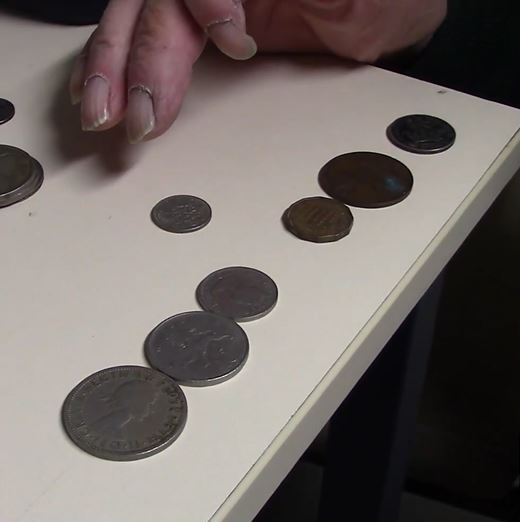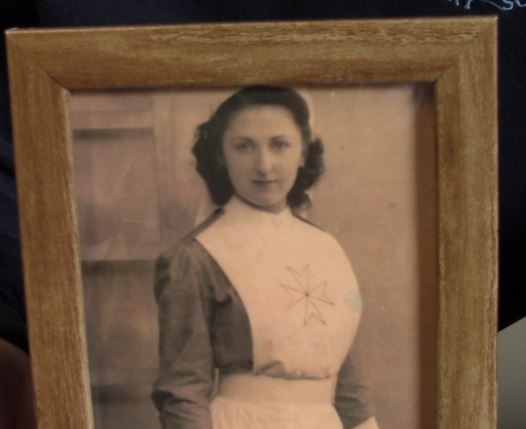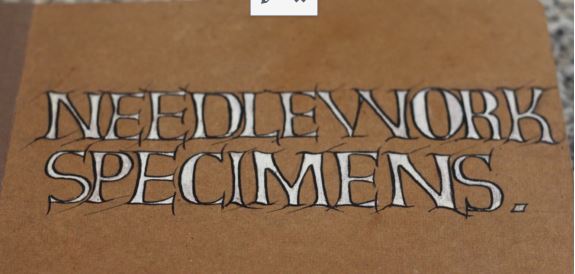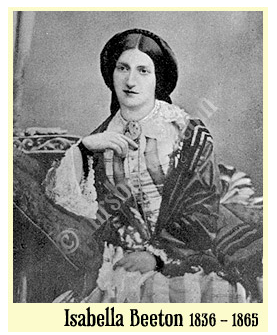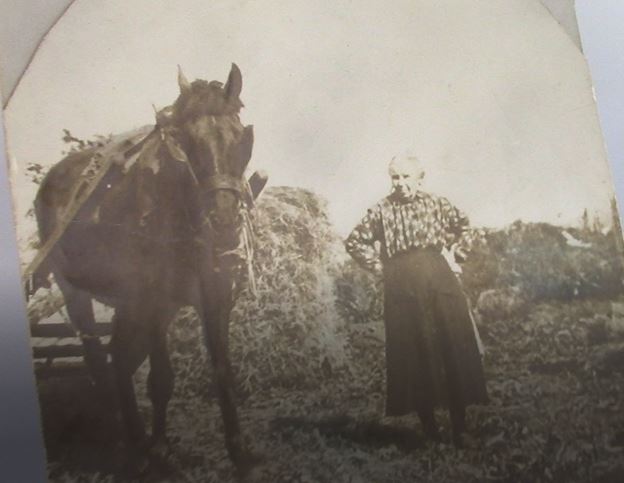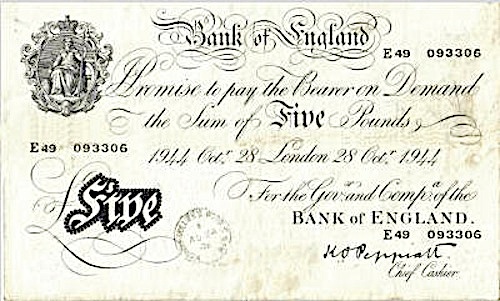Casey and her sidekick John talk us through the various pre-decimalisation coinage.
The Donkey Bit and the Old Penny
Young Ruairi shows the group his Granddad’s donkey bit come, gate latch and an old penny, once collected by his grandmother.
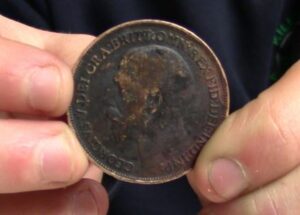

Recognised for her Services to Nursing
Daisy talks proudly about her great-nana Mildred who was recognised for her services to nursing.
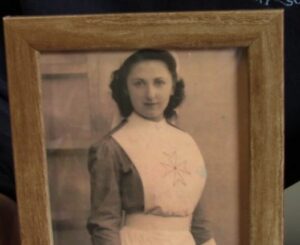
Participant Feedback on the FODC PLACE-EE Project
In this video FODC Participants give some feedback on their PLACE-EE experience, their thoughts on new technologies and the older generation, as well as offering some advice to their peers on giving technology a go.




Needlework Specimen Book
Florence shared with the group her sister Mary’s Domestic Science ’Exam Specimen Book’. In fact Mary’s book was of such a high standard, it was taken by the Inspectors and used as an exemplar to other students right across Northern Ireland.
Mrs Beeton’s Book of Household Management
Mary brought in the most wonderful object to share with us, a copy of Mrs Beeton’s Book of Household Management, dated 1915.
First published as a book in 1861, the book best known as Mrs Beeton’s Book of Household Management, also published as Mrs Beeton’s Cookery Book, was an extensive guide to running a household in Victorian Britain, all about cookery, household work, marketing, prices, provisions, trussing, serving, carving, menus, etc., etc
Producing the book was a remarkable achievement as during the writing she went through difficult pregnancies – her first two children died in infancy – and she herself died at the age of 29 giving birth to her fourth child. The Book of Household Management only became available as a complete book in 1860 but is regarded as one of the most extensive guides on how to run a household in Victorian Britain.
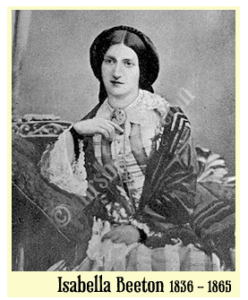
The Farmers’s Boy
THE FARMER’S BOY by Patrick McGill
When I went o’er the mountains a farmer’s boy to be,
My mother wept all morning when taking leave of me;
My heart was heavy in me, but I thrept that I was gay;
A man of twelve should never weep when going far away.
In the country o’er the mountains the rough roads straggle down,
There’s many a long and weary mile ’twixt there and Glenties town;
I went to be a farmer’s boy, to work the season through,
From Whitsuntide to Hallowe’en, which time the rent came due.
When Virgin pure, the dawn’s white arm stole o’er my mother’s door,
From Glenties town I took the road I never trod before;
Come Lammastide I would not see the trout in Greenan’s burn,
And Hallowe’en might come and go, but I would not return.
My mother’s love for me is warm; her house is cold and bare:
A man who wants to see the world has little comfort there;
And there ’tis hard to pay the rent, for all you dig and delve,
But there’s hope beyond the mountains for a little man of twelve.
When I went o’er the mountains I worked for days on end,
Without a soul to cheer me through or one to call me friend;
With older mates I toiled and toiled, in rain and heat and wind,
And kept my place. A Glenties man is never left behind.
The farmer’s wench looked down on me, for she was spruce and clean,
But men of twelve don’t care for girls like lads of seventeen;
And sorrow take the farmer’s wench. Her pride could never hold
With mine when hoeing turnip fields with fellows twice as old.
And so from May to Hallowe’en I wrought and felt content,
And sent my wages through the post to pay my mother’s rent;
For I kept up the Glenties name, and blest when all was done,
The pride that gave a man of twelve the strength of twenty-one.
Treasured Family Photos
Mary shares a number of family photos, including one of her Grandmother who was found as a foundling on the Church steps.
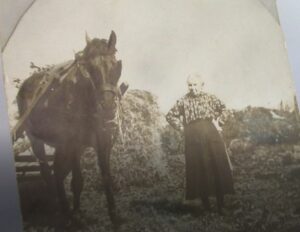
The Five Pound Note
Mary shares fond memories of her aunt and why a five pound note means so much to her.
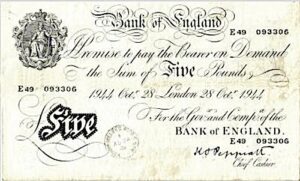

Photo Memories by June
June’s wedding day and a childhood friend are two of the memories shared as part of the Gortin Reminiscence Project.


